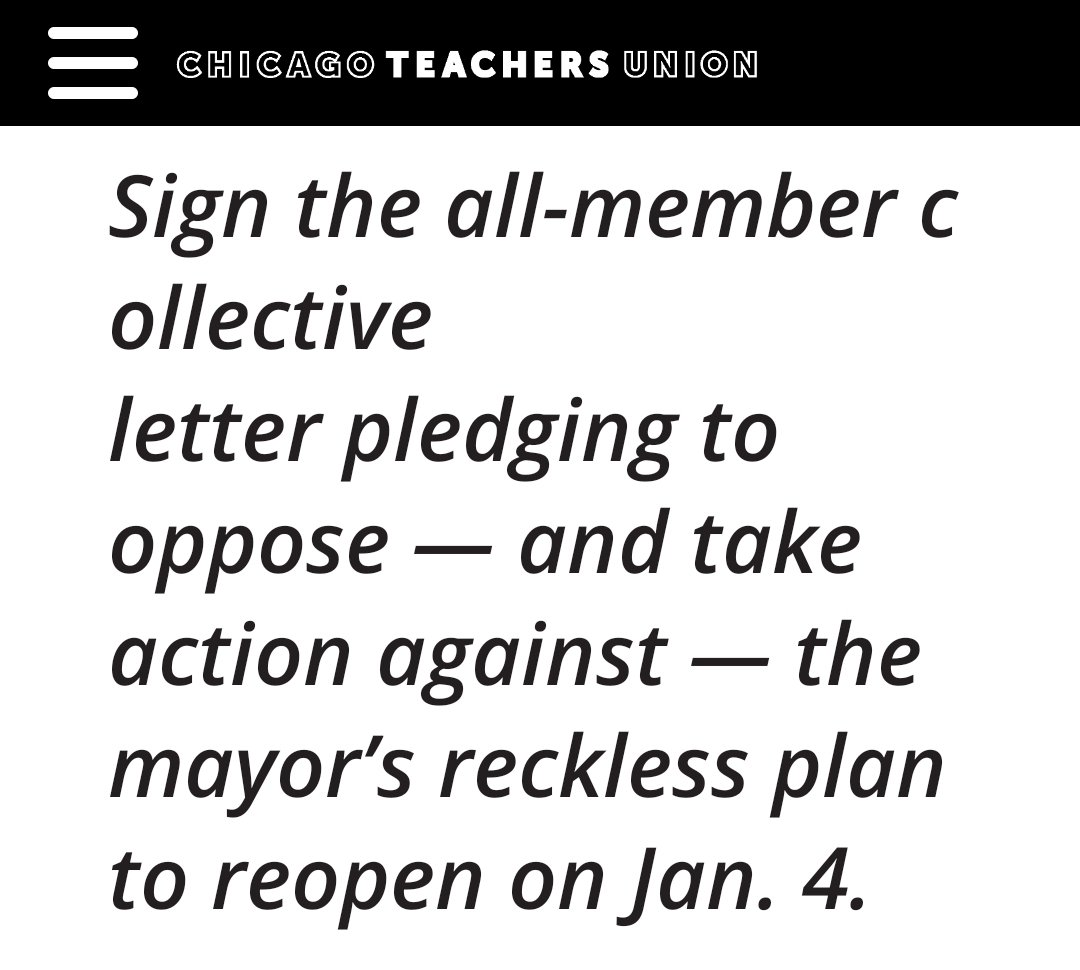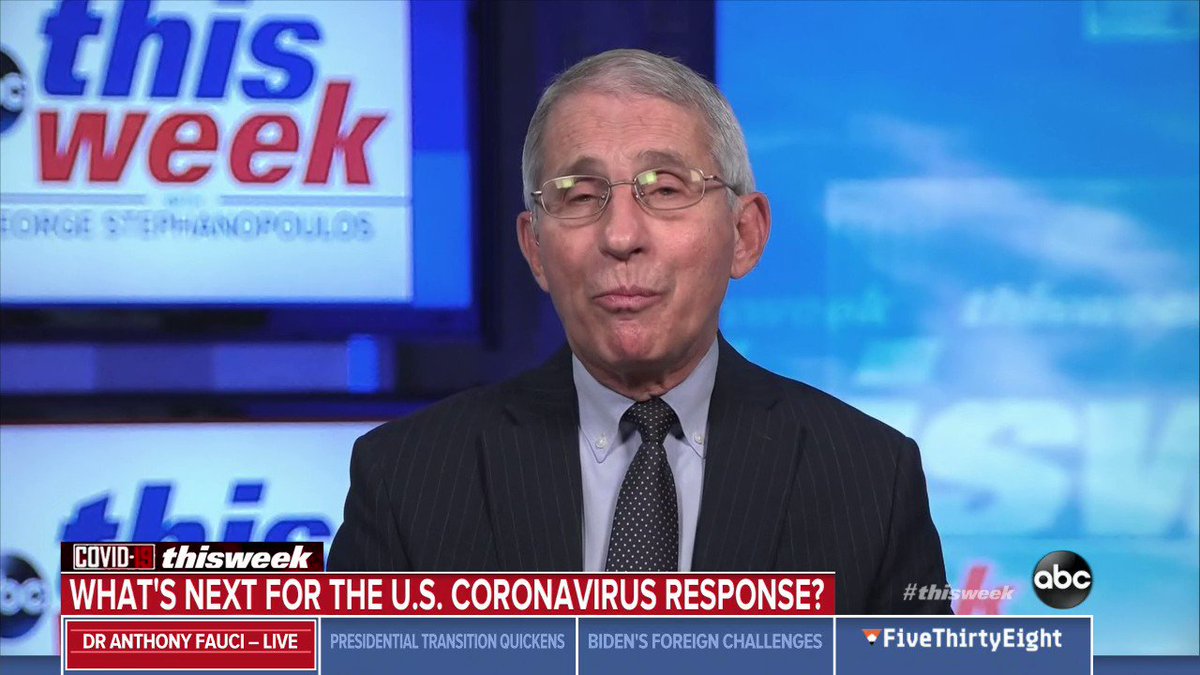You can find my complete notes from the conversation in my public Roam graph:
https://t.co/Z5bXHsg3oc The entire conversation is on YouTube:
https://t.co/1VzK2P3bJp
The 10,000-hour 'rule' was based on Ericsson's research, but simple practice is not enough for mastery.
We need teachers and coaches to give us feedback on how we're doing to adjust our actions effectively. Technology can help us by providing short feedback loops.
There's purposeful and deliberate practice.
In purposeful practice, you gain breakthroughs by trying out different techniques you find on your own.
In deliberate practice, an expert tells you what to improve on and how to do it, and then you do that (while getting feedback).
It's possible to come to powerful techniques through purposeful practice, but it's always a gamble.
Deliberate practice is possible with a map of the domain and a recommended way to move through it. This makes success more likely.
Teachers and coaches help you get the fundamentals right.
Many who start out practicing on their own need to unlearn certain habits. Learning it well from the start is preferable.
Fundamentals are needed for expert-level performance, and teachers help to do them well.
At some point, you won't need a teacher anymore.
As you move close to the edge of your domain, you're becoming an expert yourself. At these stages, purposeful practice may become preferable to find techniques others haven't seen yet.
Even if you have a team coach, it pays to have a personal coach.
In many settings, the team coach also gets to judge your performance, making it less likely you're willing to expose your weak spots.
A personal coach can give you a safe learning environment.
Mental representations are crucial in expert performance.
A mental representation is an internal understanding of external reality. If you're an expert, you have a richer understanding of certain situations than beginners, enabling you to make better decisions.
Their mental representations enable experts to predict what result their actions will have in the world.
Like master chess players, experts can think multiple steps ahead, hypothesizing what reactions their actions will trigger and how they will act in turn.
Mental representations are important to give information meaning.
Experts are often faster because new information is meaningful for them. They can use it in a richer structure to inform their decisions.
Beginners tend to look at situations in isolation.
If you record your deliberate practice, you can enrich your mental representations through analysis.
Looking back at how you performed and what steps you took, you can create new mental representations that weren't present while you were practicing.
In deliberate practice, it's important to move outside of your comfort zone.
You often plateau with skills you're satisfied with or find fun to do. Teachers can help you break through your current level by identifying what you can improve and how to improve it.
Teachers and coaches are important for staying motivated when moving outside of your comfort zone.
Beginners often have unrealistic expectations of how fast they can progress. Teachers do know what's realistic (through their experience) and let their students know.
Willpower is not a sustainable driving force for deliberate practice.
You need to cultivate a passionate commitment to becoming better at a skill. Practicing a skill needs to be fun in itself to be sustainable, even though you will hit to unpleasant points.
Not the amount of practice but the quality of practice matters.
Coming back to the 10,000-hour 'rule': only deliberate *peak* performance leads to improvement. For this, it's necessary to practice when you feel refreshed.
Sleep is crucial to hitting peak performance.
Want to read more about deliberate practice and learning strategies in general? Join my bi-weekly 'Sunday School' newsletter.
https://t.co/xK98tEo5to





